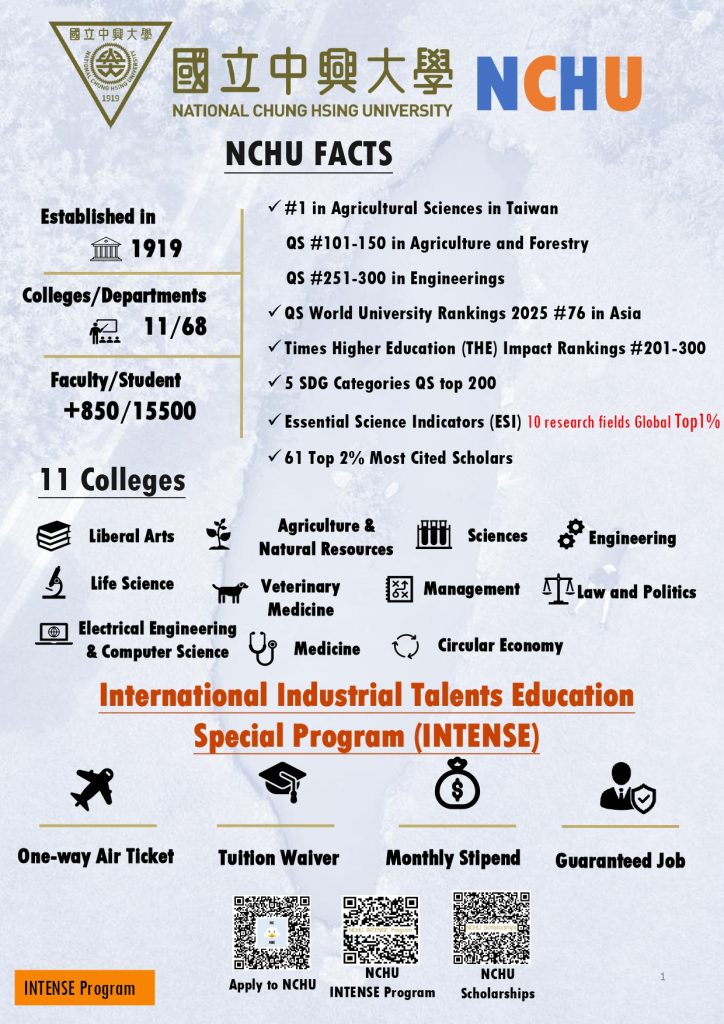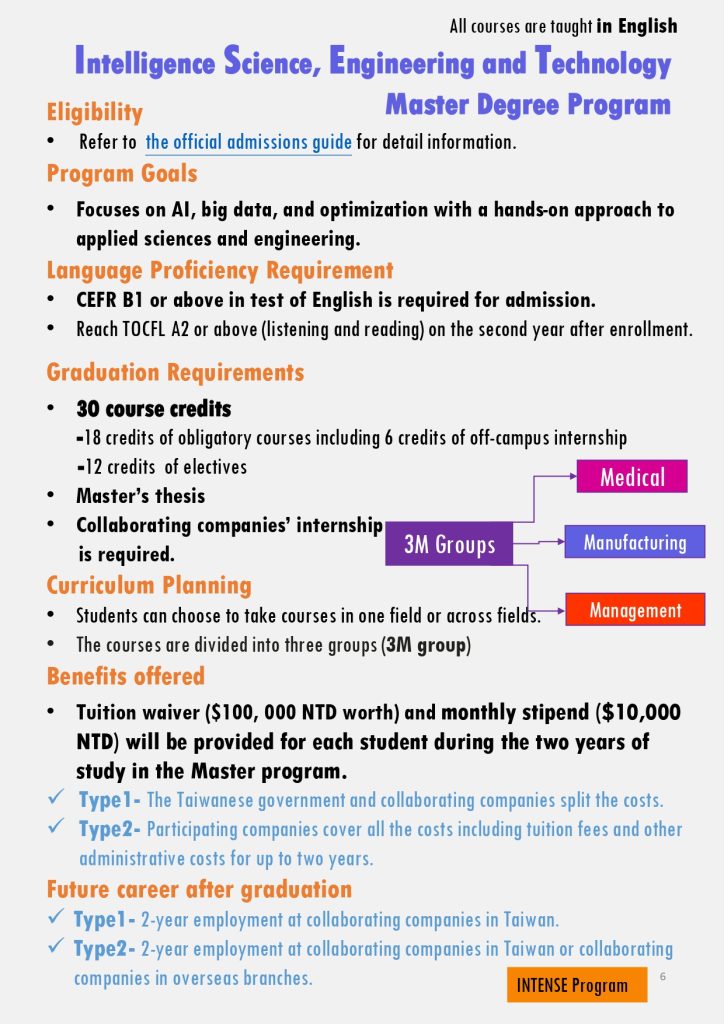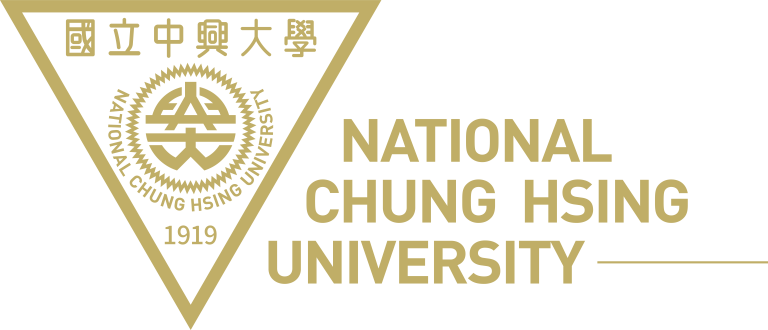系所簡介
Department Introduction | 生醫工程研究所 Intelligence Science, Engineering and Technology (ISET) Master Degree Program,針對產業轉型的人才需求和研究問題,提供 AI、大數據分析、深度學習、決策優化、物聯網等智慧技術課程,並加強與產業實務面的結合,讓學員深入瞭解 AI、大數據分析與決策優化的解決方案,達到做中學的目標;另一方面,授課的跨科系教師,可以結合本身研究專長興趣,以及指導的專班學員與一般生的合作,達到教學相長的綜效。因此,課程將以人工智慧(AI)、統計大數據分析技術為核心,並結合產業界生管、品管等議題作為應用領域,為針對製造現場的特性、產業需求所設計的班別。
The Intelligence Science, Engineering and Technology (ISET) Master’s Degree Program at the Graduate Institute of Biomedical Engineering provides courses in AI, big data analysis, deep learning, decision optimization, Internet of Things, and other smart technologies to address talent needs and research challenges in industrial transformation. This program strengthens integration with industrial practice, enabling students to gain an in-depth understanding of AI, big data analysis, and decision-making optimization solutions, thereby achieving the goal of learning by doing. Additionally, professors from various departments can leverage their research expertise and interests to facilitate collaboration between students, fostering a synergistic effect that benefits teaching. Consequently, the curriculum focuses on artificial intelligence (AI) and statistical big data analysis as core components, integrating topics such as production management and quality control to address industry-specific applications. The course is tailored to the characteristics of manufacturing sites and industry requirements. |
課程設計
Curriculum Planning | 課程規劃分為三個組別,分別為「智慧醫療器材」(Medical)、「智慧製造」(Manufacturing)、「智慧經營管理」(Management) ,簡稱3M 組別。學生可選其中一組或跨組修課。
1. 「智慧醫療器材」組可修課程科目: 科技英文(必修)、人工智慧概論(必修)、專題討論(一) (必修)、專題討論(二) (必修)、碩士論文(必修)、專業實習(必修)、智慧醫學電子(選修)、智慧生醫儀表(選)、智慧治療診斷(一) (選修)、智慧治療診斷(二) (選修)、生醫微機電(選修)、生醫光電導論(選修)、大數據分析、機器學習與人工智慧(選修)、專利法與法規(選修)、B.E.S.T. Program(選修) 。
2. 「智慧製造」組可修課程科目: 科技英文(必修) 、人工智慧概論(必修)、專題討論(一) (必修)、專題討論(二) (必修)、碩士論文(必修)、專業實習(必修) 、大數據分析、機器學習與人工智慧(選修)、智慧製造概論(選修)、專利法與法規(選修)、區塊鏈概論(選修)、碳管理及碳關稅(選修) 。
3. 「智慧經營管理」組可修課程科目: 科技英文(必修) 、人工智慧概論(必修)、專題討論(一) (必修)、專題討論(二) (必修)、碩士論文(必修)、專業實習(必修) 、大數據分析、機器學習與人工智慧(選修) 、專利法與法規(選修)、國際行銷與創新創業(選修)、區塊鏈概論(選修)、碳管理及碳關稅(選修)、B.E.S.T. Program(選修)。 The course planning is divided into three groups, namely “”Smart Medical Devices”” (Medical), “”Smart Manufacturing”” (Manufacturing), and “”Smart Management”” (Management), referred to as the 3M group. Students can choose to take courses in one group or across groups.
1. Course subjects available for the “”Smart Medical Devices”” group: Technical English (compulsory), Introduction to Artificial Intelligence (compulsory), Seminar (I) (compulsory), Seminar (II) (compulsory), Master’s Thesis (compulsory), Professional Internship (compulsory), Smart Medical Electronics (elective), Smart Biomedical Instrumentation (elective), Smart Theranostics (I) (elective), Smart Theranostics (II) (elective), Bio Microelectromechanical Systems (elective), Introduction to Biophotonics (elective), Big Data Analytics, Machine Learning, and Artificial Intelligence (elective), Patents Law and Regulations (elective), B.E.S.T. Program (elective).
2. Course subjects available for the “”Smart Manufacturing”” group: Technical English (compulsory), Introduction to Artificial Intelligence (compulsory), Seminar (I) (compulsory), Seminar (II) (compulsory), Master’s Thesis (compulsory), Professional Internship (compulsory), Big Data Analytics, Machine Learning, and Artificial Intelligence (elective), Introduction to Smart Manufacturing (elective), Patents Law and Regulations (elective), Introduction to Blockchain (elective), Carbon Management and Carbon Tariffs (elective) .
3. Course subjects available for the “”Smart Management”” group: Technical English (compulsory), Introduction to Artificial Intelligence (compulsory), Seminar (I) (compulsory), Seminar (II) (compulsory), Master’s Thesis (compulsory), Professional Internship (compulsory), Big Data Analysis, Machine Learning and Artificial Intelligence (elective), Patent Law and Regulations (elective), International Marketing, Innovation and Entrepreneurship (elective), Introduction to Blockchain (elective), Carbon Management and Carbon Tariff (elective), B.E.S.T. Program (elective). |
畢業應修學分數及條件(依學位授予法及學校學則相關規範辦理) Graduation Requirement (In accordance with University Act, Degree Conferral Act and other applicable regulations) | 依學位授予法及學校學則相關規範辦理,包括:
1. 畢業學分數:共30學分,含必修18學分(其中校外專業實習占6學分、科技英文3學分、人工智慧概論3學分、碩士論文6學分、專題討論(一) 0學分、專題討論(二) 0學分)、選修12學分。
2. 學生修滿所需畢業學分數後,才可進行碩士論文審查,碩士論文審查包括碩士論文書面審查及口頭報告口試,碩士論文審查通過(同時書面審至少70分及口頭報告口試至少70分)才可頒發碩士學位證書。
In accordance with University Act, Degree Conferral Act and other applicable regulations, the basic graduation requirements are as follows:
(1) Total graduation credits: 30 credits in total, including 18 credits of compulsory courses (including 6 credits of off-campus professional internship, 3 credits of Technical English, 3 credits of Introduction to Artificial Intelligence, 6 credits of master’s thesis, 0 credits of seminar (I), and 0 credits of seminar (II)), and 12 credits of electives.
(2) Master’s thesis review can only be conducted after students have completed the required number of graduation credits. The master’s thesis review includes a written review of the master’s thesis and an oral examination. A master’s degree certificate will be issued only after the master’s thesis has passed the examination (at least 70 points in the written review of the master’s thesis and at least 70 points in the oral examination).
|




